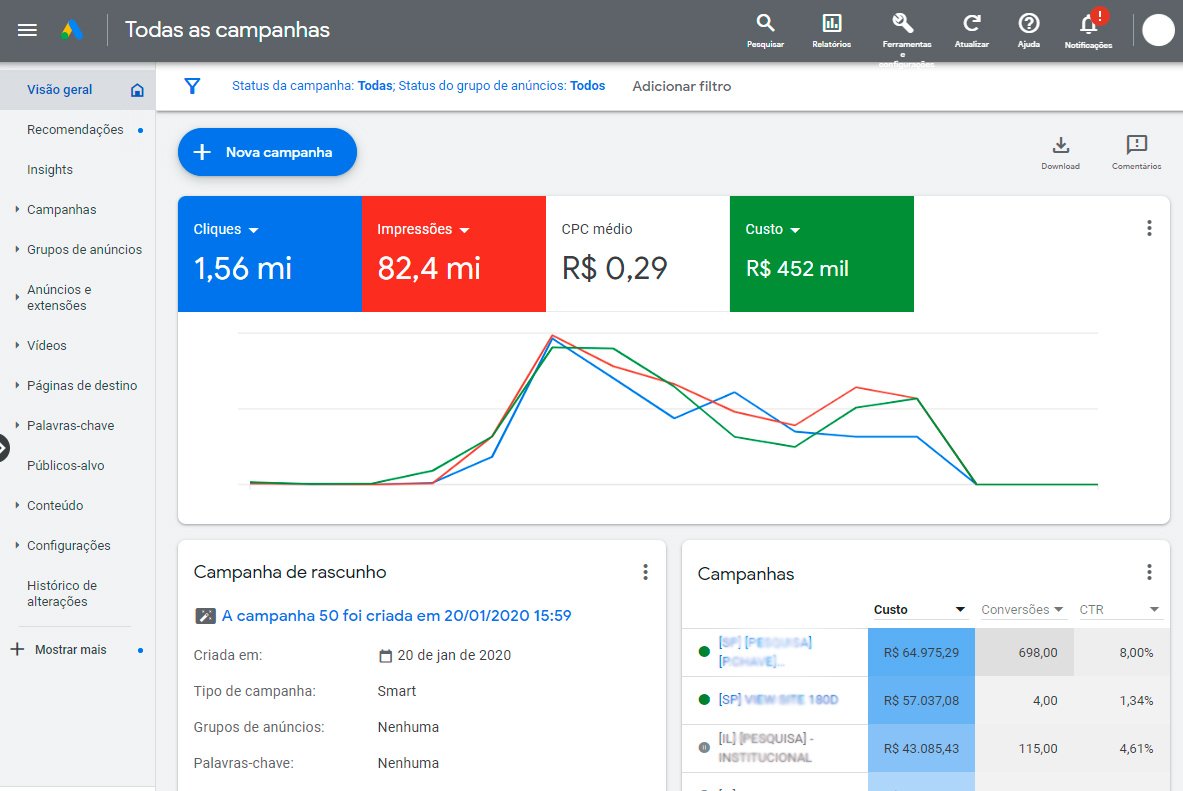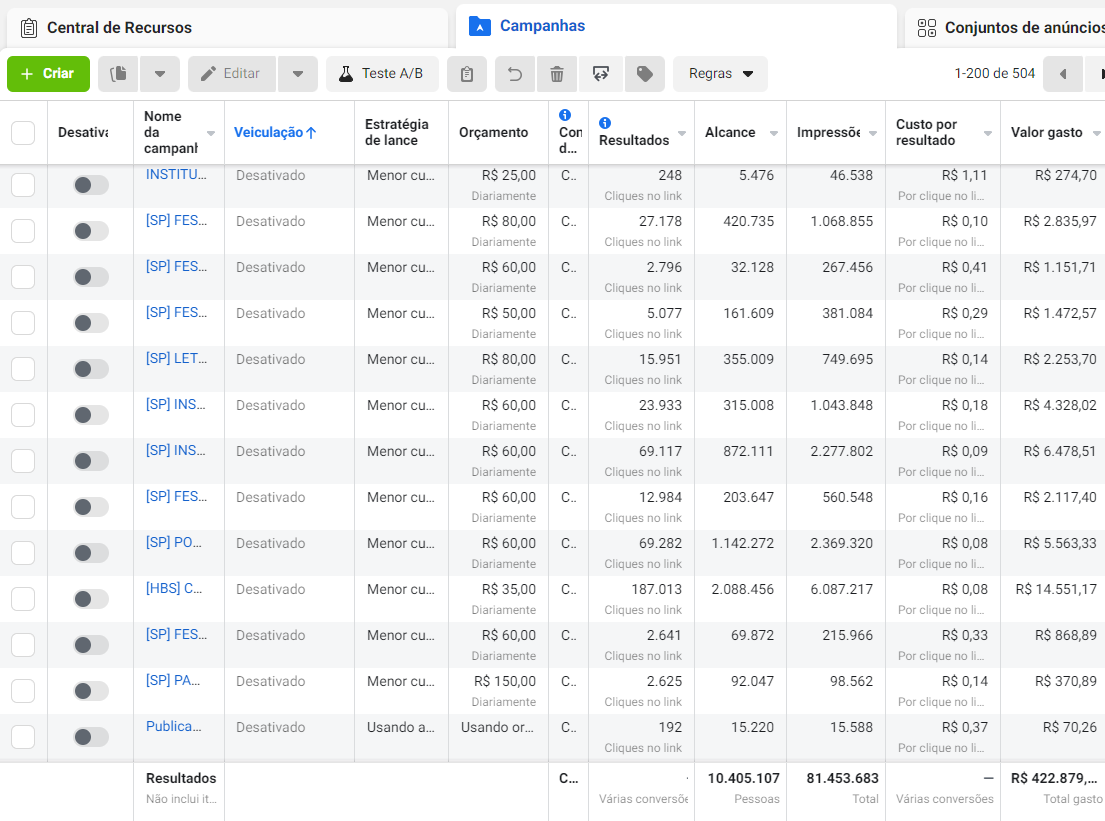Facebook Ads vs. Google Ads: Which is the best platform for advertising my hotel?
Spoiler alert: the answer is ‘combine the best of both.’ This way, you’ll have a stronger digital presence and be able to reach your future guests across all platforms. Read this post to learn more.
One of the main questions for those starting to invest in paid media is where to begin. Generally, attention is divided between two major tech giants: Google Ads (which allows for campaigns across search networks, partner sites, and even YouTube) or Facebook Ads (which can be used for promotion on Instagram).
Where to invest?
Presented this way, it might seem like there’s a rivalry and that you have to pick a side. That’s not the case. Indeed, there is fierce competition for your money between Google and Facebook, but you don’t have to choose one and eliminate the other.
The best answer for where to invest between Google Ads and Facebook Ads is ‘both.’ Of course, the main criterion is your available budget. With this in mind, each of these big tech companies has its own strengths. Therefore, it’s worth balancing your efforts.
In this post, we’ll cover a bit about each tool. You’ll also find links to free resources where you can delve deeper into each one.
By the end, we hope you’ll have a better understanding of how to allocate your paid media budget for ads on both Google and Facebook.
Advantages and disadvantages of running hotel ads on Google

In the past, there was a Google banner that said: ‘Who needs a taxi? People searching for taxis. That’s why Google ads work.’ Things have changed, haven’t they? Today, if you need a taxi or another type of transport, you’d use a ride-hailing app. Anyway, I digress.
However, the message still holds true. When you search for something on Google, you typically have something specific in mind, right?
This is the big advantage of Google Ads: users are actively searching for the topic. This leads to a significantly higher response rate and usually attracts users who are more ‘ready’ to make a purchase.
On the flip side, users who don’t know they have a problem won’t search for it. And they certainly won’t look for your brand if they haven’t heard of it.
Additionally, the targeting options are often more limited, and competition in various markets tends to drive up prices.
Advantages and disadvantages of Facebook and Instagram advertising for hotels

One advantage of Facebook Ads for hotels is the ability to attract potential clients who are still in the early stages of preparation and interest in making a purchase.
This is because the ad appears without the user actively searching or showing strong interest in the topic. You’re browsing photos of friends, and suddenly, an ad appears based on the cross-analysis of your interests by the algorithm.
Additionally, with Facebook Ads for hotels, it’s easy to encourage users to like the company’s page and create a connection to be nurtured over time.
This way, they gradually build trust in the company and remember it when the purchase moment arrives. It’s a softer conversion compared to the ‘all-or-nothing’ approach of Google Ads.
Another area where Facebook excels is in profile-based targeting. Suppose we want to promote packages for a Country Hotel; we can reach an audience interested in this category of hospitality.
With Google Ads, there are numerous people searching for terms like ‘country hotel,’ ‘beach resort,’ ‘hotel in Gramado,’ ’boutique inn,’ etc.
It’s harder to pre-segment effectively, leading to paying for contacts that may not be valuable.
On the other hand, Facebook Ads allow for precise targeting to attract the perfect audience for your business. However, what is a benefit can also be a disadvantage. The fact that users are not actively searching for the topic results in a lower click-through rate and conversions, and the offer needs to be highly compelling to generate interest.
